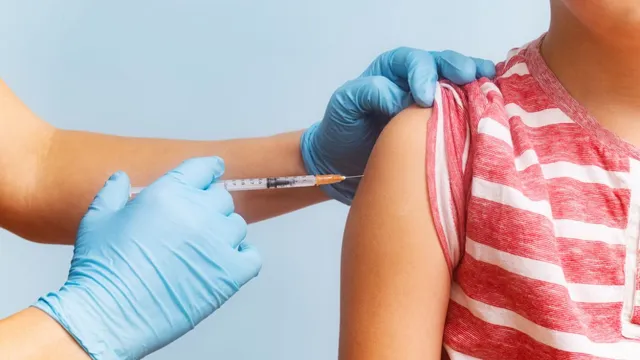- By Iram Hussain
- Tue, 29 Apr 2025 05:55 PM (IST)
- Source:JND
Vaccines are one of the most important ways to protect children from serious diseases. Over the years, they have helped reduce illnesses like polio, measles and diphtheria saving millions of lives. Still, many parents have doubts and questions about whether vaccines are safe or necessary. This confusion often comes from myths or misinformation. In India, even though government programs like Mission Indradhanush have increased vaccine coverage, some families still hesitate. It is important to acknowledge the truth behind common vaccine myths, using the latest medical facts to make safer decisions for a child’s health.
In a conversation with Jagran English, Dr. Niraj K. Deepak, HOD - Pediatric and Neonatology, Sahyadri Hospitals Momstory, Hadapsar, Pune debunked common myths about child vaccines that are completely false.
Myths About Child Vaccines
Myth 1 - Vaccines contain harmful toxins
Truth - Vaccines do have preservatives, stabilizers, and adjuvants, but the amounts included are safe, even for infants. For example, salts of aluminium used to enhance immune response are far lower than amounts ingested through formula or breast milk. In the same way, formaldehyde employed to inactivate viruses is non-harmful as it is naturally produced by the body and in the amounts used in vaccines.
Myth 2 - Natural immunity is better than vaccine immunity
Truth - When someone gets a disease from an external source, the body learns to fight it but this always tends to make them go through the illness which is dangerous. There are a number of ailments such as measles, chickenpox and whooping cough which result in serious problems like lung infection, brain swelling and death. Vaccines help prepare the body to defend itself without exposing the person to these risks. Thus, vaccine-induced immunity is more controlled and safer.
Myth 3 - My child doesn’t need vaccines anymore because these diseases are rare
Truth - Vaccines are the primary reason why diseases like measles and polio are rare today. However, if fewer people get vaccinated, these dreadful diseases can make a comeback. Just recently in India, certain areas reported new outbreaks of measles. Thus, kids need to be vaccinated so that these illnesses do not come back.
Myth 4 - Vaccines affect fertility or growth
Truth - There is no scientific proof that vaccines affect fertility (the ability to have children), puberty or your child’s growth. This is a baseless rumour. Vaccines are carefully tested in thousands of people before they are approved and they continue to be monitored for safety even after they are used in the public.
Myth 5 - Vaccines are only needed in childhood
Truth - While childhood vaccines are essential, some vaccines need boosters later in life. Also, vaccines like the HPV vaccine (which prevents cervical cancer) and Tetanus-Diphtheria booster shots are needed in adolescence or adulthood. Immunity can fade over time, so scheduled boosters matter.

